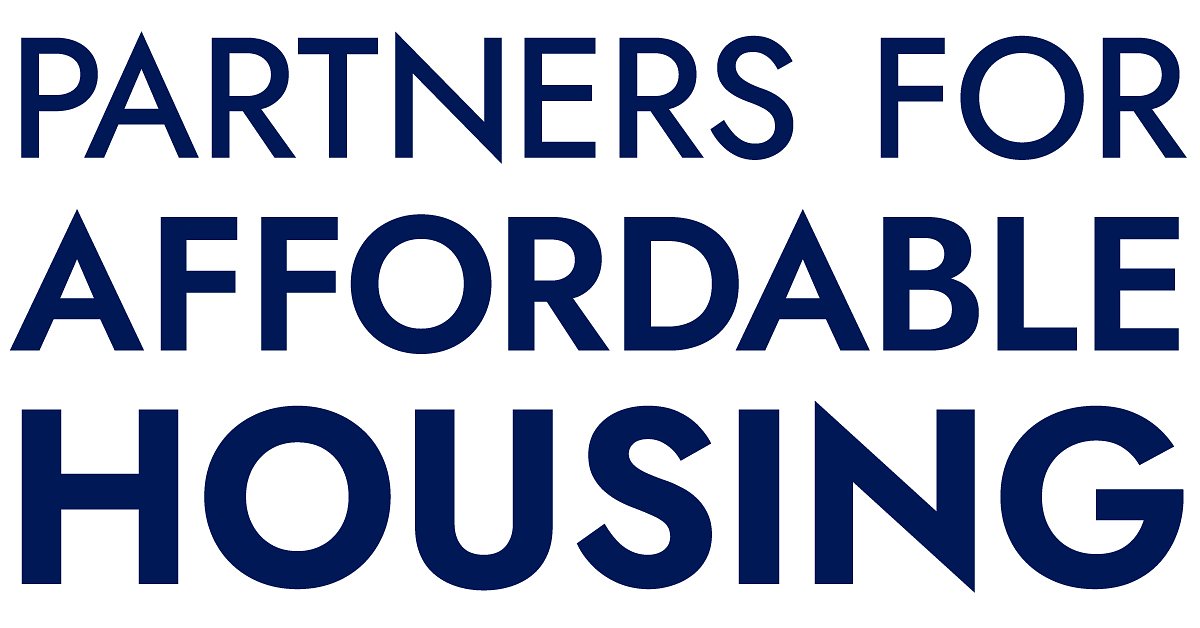
Beyond Government Funding: New Foundation Aims to Unlock Affordable Housing with ‘Socially-Inspired Capital’
Canada’s affordable housing crisis demands innovative solutions. Partners for Affordable Housing is launching a new funding model, blending philanthropy, corporate support, and impact investing to bridge the gap – and accelerate progress.
Beyond Government Funding: New Foundation Aims to Unlock Affordable Housing with ‘Socially-Inspired Capital’
CALGARY, Alberta – November 5, 2025 – As Canada’s affordable housing crisis intensifies, a new national foundation, Partners for Affordable Housing (PFAH), is launching today with a novel approach to funding: ‘socially-inspired capital.’ The organization aims to mobilize a blend of philanthropic donations, corporate community investment, and social impact financing to accelerate the development of affordable housing projects across the country, supplementing—not replacing—existing government programs.
For decades, reliance on primarily public funding has left many viable affordable housing projects stalled or underfunded. PFAH is positioning itself as a connector and facilitator, bridging the gap between available public funds and the innovative community-led initiatives that often struggle to secure traditional financing.
“Governments are doing what they can, but it’s not enough, and the need is only growing,” says a representative from PFAH. “We see a significant opportunity to unlock additional capital by bringing together diverse funding sources and providing a more flexible approach to financing.”
A New Funding Model: Beyond Traditional Grants
PFAH isn’t simply redistributing existing funds. The foundation’s core strategy revolves around ‘socially-inspired capital’ – a model that leverages the principles of impact investing and philanthropic collaboration. This means attracting investment from corporations seeking to align their social responsibility goals with tangible community benefits, as well as philanthropists interested in achieving measurable results.
The organization will distribute funds through four key streams:
- Tenant Stability Fund: Provides support for rental assistance and programs aimed at preventing homelessness.
- First Mile Fund: Covers early-stage project development costs, such as feasibility studies and land acquisition.
- Last Mile Fund: Addresses financing gaps that prevent projects from reaching completion.
- Collaborative Campaigns: Supports large-scale, regionally focused initiatives that address specific affordable housing challenges.
“The intention is to de-risk projects for other investors,” explains a financial analyst familiar with the foundation’s model. “By providing seed funding and bridging financing gaps, PFAH can attract additional capital from traditional lenders and impact investors.”
Supplementing, Not Replacing, Government Programs
While PFAH’s model represents a significant departure from traditional funding approaches, the foundation emphasizes that it’s not intended to replace existing government programs. Instead, it aims to complement those programs by providing flexible financing and attracting additional capital to the sector.
“We see ourselves as a partner to governments, not a competitor,” states a spokesperson for the organization. “Government funding is essential, but it can’t solve the problem on its own. We believe that by working together, we can achieve more.”
A Growing Ecosystem of Impact Investment
The launch of PFAH comes at a time when impact investing is gaining momentum in Canada and around the world. Investors are increasingly recognizing that financial returns and social impact are not mutually exclusive.
“There’s a growing appetite among investors for opportunities that generate both financial returns and positive social impact,” says an advisor specializing in impact investing. “Affordable housing is a particularly attractive asset class, as it addresses a critical social need and offers stable, long-term returns.”
Several corporate partners have already committed initial funding to PFAH, including RBC and BMO, both of which have publicly stated their commitment to environmental, social, and governance (ESG) principles. These corporations see the foundation as a way to align their philanthropic efforts with their broader ESG goals.
“For companies, it’s not just about writing a cheque,” a corporate social responsibility manager explains. “It’s about investing in solutions that address systemic challenges and create lasting social impact.”
Addressing the Funding Gap and Community Needs
The need for affordable housing in Canada is acute. According to the Canada Mortgage and Housing Corporation (CMHC), over 1.7 million Canadian households are in core housing need, meaning they live in dwellings that are inadequate, unsuitable, or unaffordable.
PFAH hopes to address this growing crisis by focusing on innovative funding solutions and community-based projects. The organization’s ‘Front Door’ directory aims to provide a centralized platform for showcasing affordable housing projects seeking funding and connecting them with potential investors.
“We want to empower local organizations and community groups to develop innovative solutions to the affordable housing crisis,” a PFAH representative explains. “By providing access to capital and technical assistance, we can help them scale their impact and create more affordable housing options for Canadians.”
While the foundation is just getting started, it represents a promising new approach to addressing the affordable housing crisis in Canada. By leveraging the power of ‘socially-inspired capital,’ PFAH hopes to unlock new funding sources, empower local communities, and create more affordable housing options for Canadians in need. The success of this innovative model could pave the way for a more sustainable and equitable housing system for the future.
